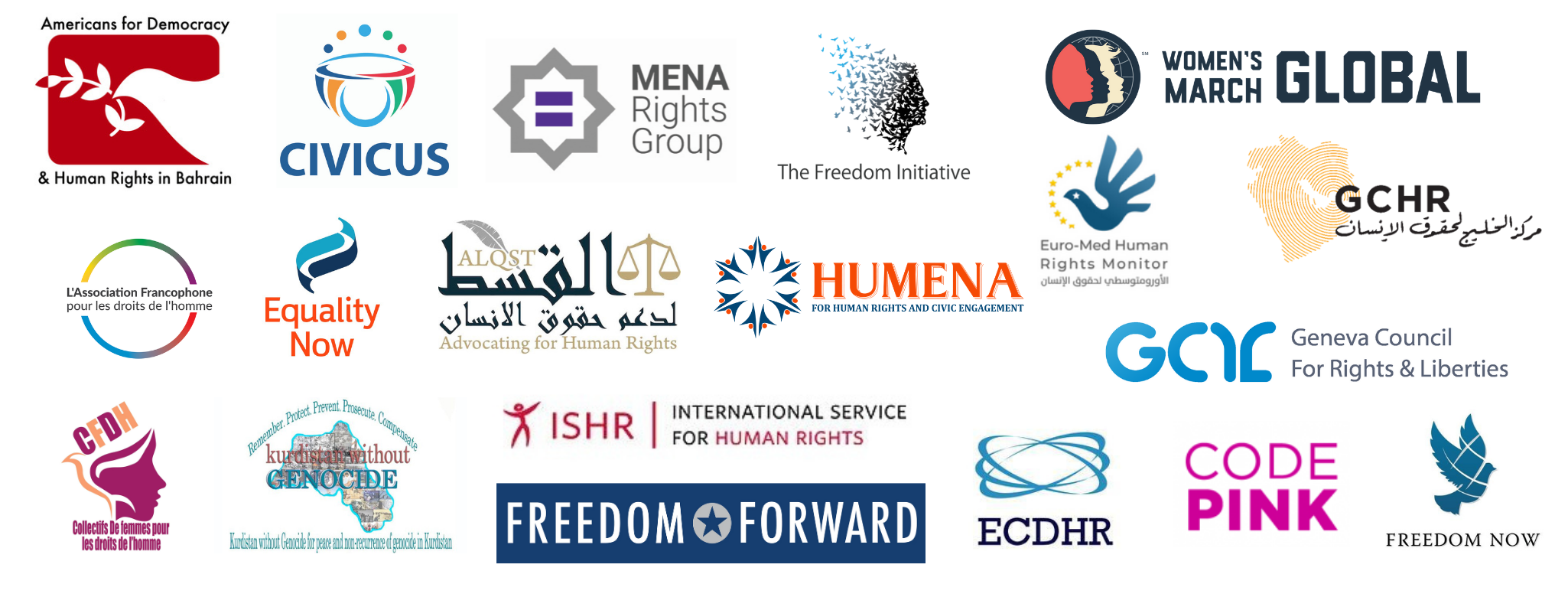19 NGOs have called on the organisers, participants and sponsors of the women’s golf tournament to reconsider their participation in the Ladies European Tour (LET) taking place in Saudi Arabia from 12 to 19 November 2020, and to denounce human rights violations against women in the Kingdom.
Women golf players will compete for a hefty cash prize while women’s rights defenders in the Kingdom languish in prison, without access to legitimate legal redress. The 1.5 million dollar cash prize being offered to the winner comes directly from the Saudi Public Investment Fund (PIF), which is chaired by Crown Prince Mohamed Bin Salman. Saudi PIF has invested billions into campaigns to whitewash their human rights abuses, including downplaying the abhorrent murder of Saudi journalist Jamal Khashoggi.
While acknowledging that such tournaments represent an important milestone in women’s golf, Saudi Arabia is using this sports event as a public relations tool to sportswash its appalling human rights record, including the discrimination against women and the crackdown on women’s rights defenders.
Loujain al-Hathloul’s sister, Lina, wrote to the LET golfers urging them to boycott the tournament. She said:
“In Saudi Arabia, that battle is being lost – and my sister and campaigners like her – have been tortured for asking for the basic rights that we should all be able to take for granted. Don’t let them make you complicit in their crimes. Stand up for women. Say no to torture, and demand the release of my sister and other prisoners of conscience in the Kingdom of Saudi Arabia.”
In 2018, Saudi Arabia carried out a wave of arrests of Saudi women’s rights activists who were challenging the country’s discriminatory male guardianship system. Among those who remain detained are Loujain al-Hathloul, Samar Badawi, Nassima al-Sadah, Nouf Abdulaziz, and Maya al-Zahrani; many reported they were subjected to torture in detention, including flogging, electric shocks, sexual harassment, and being held in solitary confinement. Several other women’s rights defenders have been temporarily released; however, many are still awaiting trial and could face lengthy prison sentences.
The organisations urged Saudi Arabia to implement real reforms on women’s rights, and immediately release the activists who have been arrested for defending these rights. Read the letter here.
The UN Human Rights Council has repeatedly called for the defenders’ release, including most recently in September 2020.
Contact: Salma El Hosseiny- [email protected]




